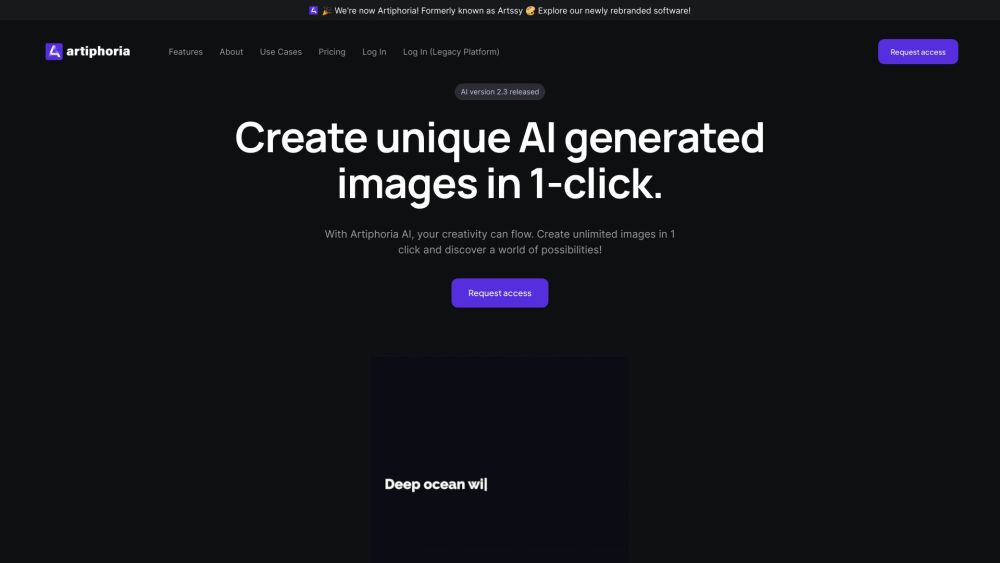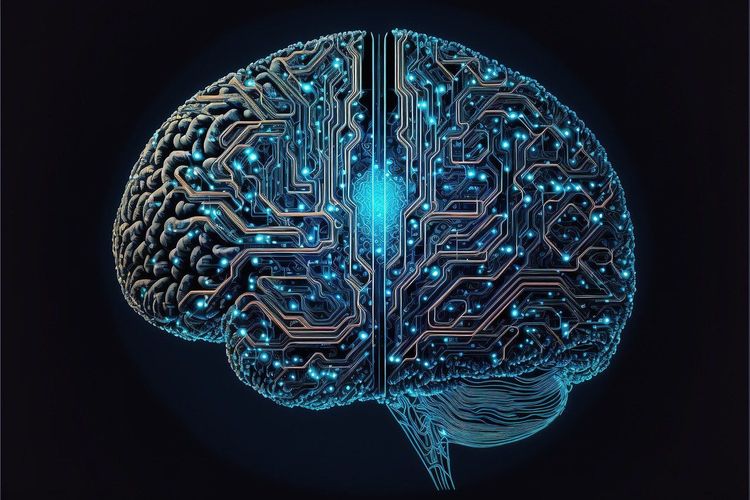Will ChatGPT Follow the Internet 'Bubble' and Fade Away in Five Years?
Most people like
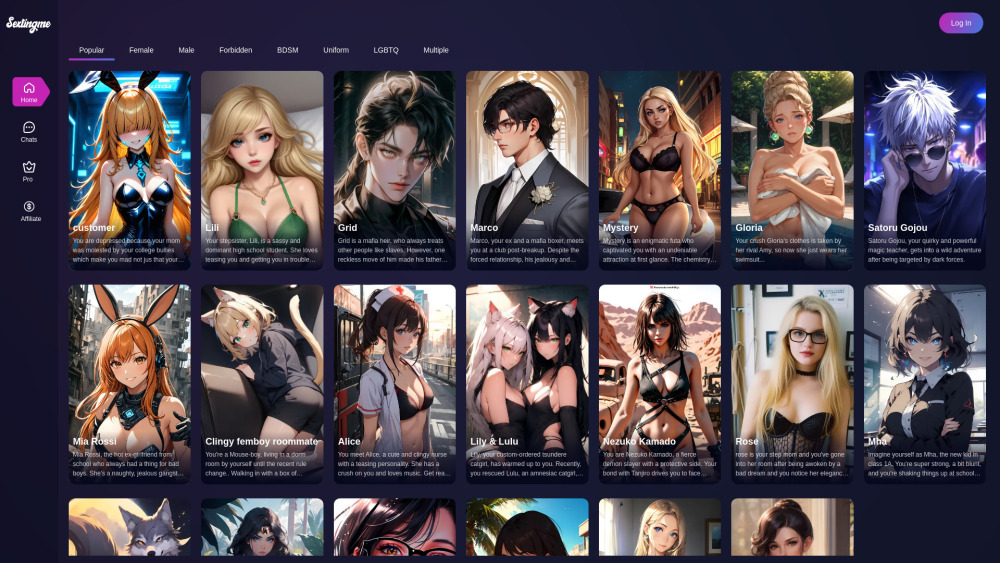
In the rapidly evolving world of technology, finding companionship through an AI girlfriend website has become a popular trend. These platforms not only offer engaging conversations but also provide emotional support and entertainment. Whether you're seeking friendship, romance, or a unique form of interaction, this guide explores the top AI girlfriend websites that can elevate your digital experience. Join us as we delve into the features, benefits, and standout options available to help you connect with your virtual companion today!
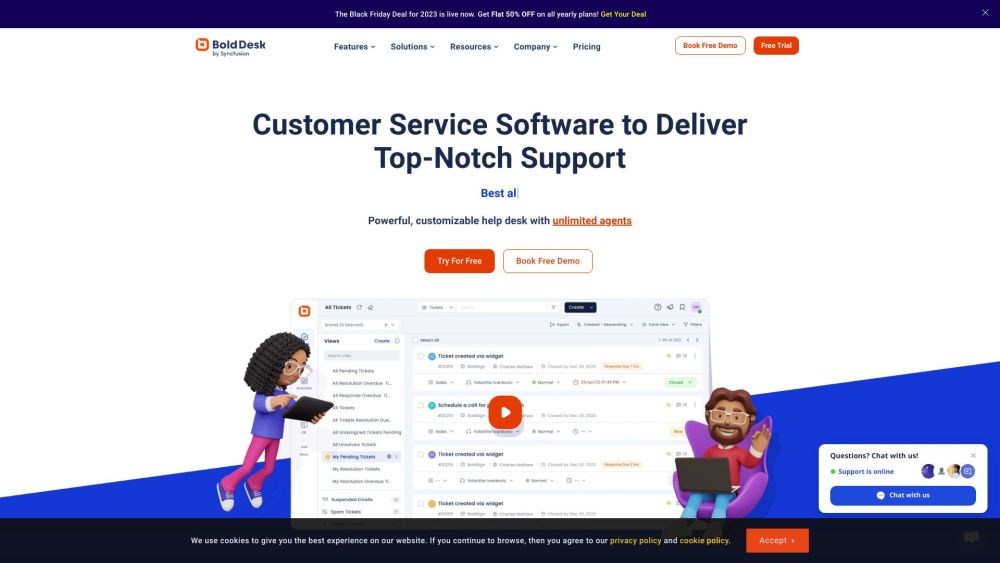
Enhance your customer support by leveraging AI and automation solutions. Discover how these technologies can streamline processes, improve response times, and elevate customer satisfaction.
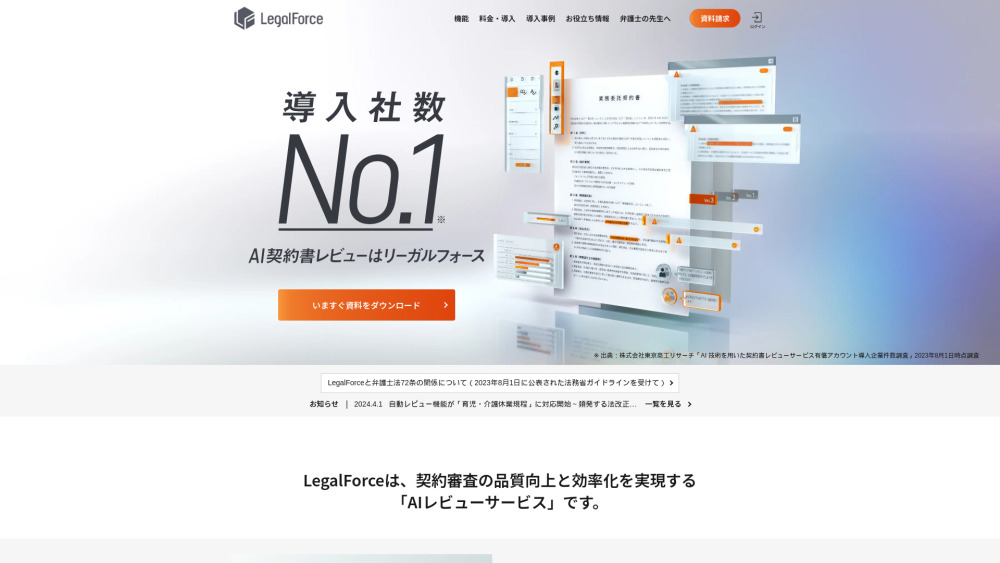
Enhance Your Contract Review Process with Our AI Platform: Boost Quality and Efficiency
In today’s fast-paced business environment, ensuring the accuracy and efficiency of contract reviews is crucial. Our innovative AI platform is designed to significantly improve the quality of contract analysis while streamlining the review process. Discover how leveraging advanced artificial intelligence can transform your contract management, saving time and reducing errors. Embrace the future of contract review with unparalleled efficiency and effectiveness.
Find AI tools in YBX

